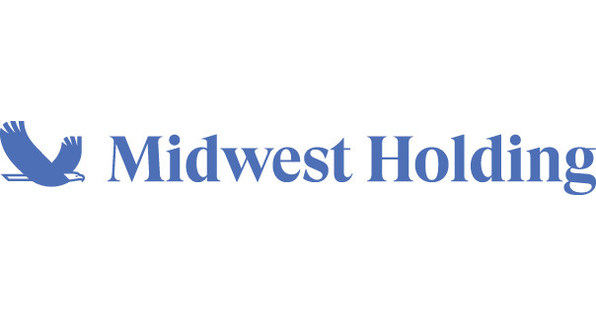4 Key Impacts of Burkina Faso’s Mining Shake-Up on Political Violence Insurance
In a bold and unexpected move, the government of Burkina Faso has announced plans to withdraw mining permits from certain commercial operators, signaling a shift toward state-controlled mining operations. This landmark decision is set to disrupt the country’s mining sector—and has serious implications for the political violence insurance landscape.
As government intervention intensifies, businesses operating in Burkina Faso—and their insurers—must brace for a new era of heightened political and economic risk.
1. Political Violence Insurance Faces Elevated Risk in Burkina Faso
The withdrawal of mining permits introduces a significant layer of political uncertainty , increasing the potential for unrest and conflict. In politically sensitive environments like this, political violence insurance becomes a crucial safeguard for companies with local operations, assets, or investments.
From riots and strikes to expropriation and civil unrest, policyholders may see a higher likelihood of filing claims due to:
Government seizures or disruptions in business operations.
Damage to physical assets due to political conflict.
Interruptions in supply chains or transport routes resulting from regional instability.
This new level of exposure requires an immediate reevaluation of insurance coverage by both domestic and international operators.
2. Premium Hikes Likely for Political Violence Insurance
The government’s assertive stance is changing the risk profile of Burkina Faso’s mining sector. As a result, insurers may respond with higher premiums for political violence insurance policies.
Underwriters will be more cautious, taking into account:
The increased likelihood of state intervention .
Reduced clarity on property rights and legal recourse .
The broader macroeconomic effects of nationalization trends.
For firms with operations in the country, insurance costs could rise significantly , affecting not only operational budgets but also investment returns.
3. Risk Management Strategies Must Be Reinforced
The evolving environment in Burkina Faso requires insurers and corporations to rethink their risk mitigation strategies. This includes:
Conducting country-specific political risk assessments .
Reviewing current insurance portfolios to identify coverage gaps.
Partnering with risk advisors to plan for rapid response to emerging threats.
With an increased likelihood of political unrest or policy unpredictability, organizations must stay agile and proactive in how they manage and transfer risk through insurance.
4. Investor Confidence and Market Stability at Stake
Burkina Faso’s decision may also send ripples across the international investment community. The move could deter foreign investors , leading to reduced competition and potential market instability. For insurers, this translates into greater exposure as economic pressures mount.
The uncertainty surrounding future government actions makes political violence insurance not just a tool for compliance but a critical component of operational resilience.
Conclusion: Prepare for a Shifting Political Risk Landscape
As Burkina Faso asserts greater control over its mining sector, companies and insurers alike must adapt. The implications for political violence insurance are profound—from increased premiums to more complex risk assessments.
Staying informed and agile will be essential. Risk professionals should closely monitor regulatory changes, work with specialized underwriters, and engage with on-the-ground intelligence to navigate this rapidly evolving situation.
Political violence insurance is no longer a niche product—it’s an operational necessity in a world where geopolitics increasingly dictate business outcomes.



